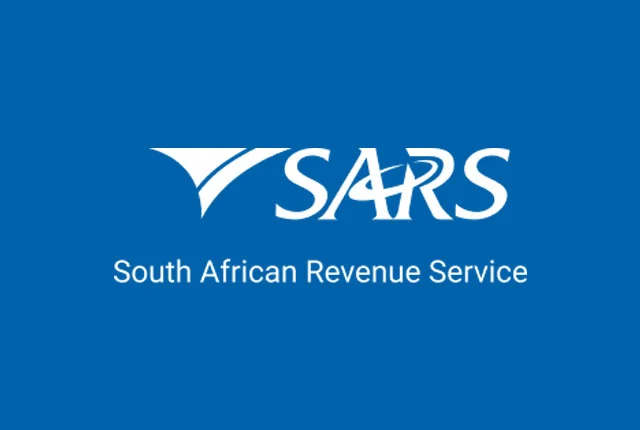



In the complex labyrinth of South African tax laws and SARS regulations, small businesses often find themselves at a crossroads between maintaining compliance and maximizing their financial efficiency. As the financial backbone of the economy, these businesses require strategic planning to navigate the tax season successfully. At Xelous Finance & Tech, we specialize in transforming tax challenges into opportunities for growth and optimization. Here’s how small businesses can leverage tax strategies to their advantage.
The first step in optimizing your tax situation is understanding your obligations. Different business structures — from sole proprietorships to corporations — have varying tax liabilities and benefits. Regularly reviewing these obligations with a professional can uncover potential savings or restructuring opportunities to better align with your business goals.
A crucial aspect of tax optimization involves identifying and maximizing eligible deductions and credits. This includes everything from office supplies and equipment to software subscriptions. Additionally, certain tax credits are designed specifically for small businesses, including those for research and development, energy efficiency, and employment of certain demographics.
For small business owners, setting up a retirement plan not only secures your future but also offers immediate tax benefits. Contributions to these plans are often tax-deductible, reducing your taxable income. Furthermore, retirement plans can be an attractive benefit for retaining and attracting top talent.
Tax-deferred strategies, such as certain types of retirement accounts or investment options, allow taxes to be paid at a later date, potentially in a lower tax bracket. This can be particularly beneficial for small businesses looking to reinvest their current income into growth opportunities.
Tax planning shouldn’t be a once-a-year event. Effective tax optimization requires year-round attention and strategy adjustment as laws change and your business evolves. Consider implementing advanced software solutions for real-time financial monitoring and forecasting, ensuring you’re always a step ahead.
In today’s digital age, leveraging technology can streamline your tax preparation and ensure accuracy. Accounting software not only simplifies record-keeping but can also highlight opportunities for tax savings. Additionally, working with tech-savvy accounting professionals can provide you with strategic insights and advanced analytics.
Tax optimization for small businesses is an ongoing process of strategic planning, understanding of tax laws, and leveraging available technology and professional expertise. At Xelous Finance & Tech, we empower small businesses to navigate the complexities of tax planning, turning obligations into opportunities for financial growth and efficiency.
Remember, while these strategies can provide a solid foundation, the complexities of tax law and individual business circumstances mean it’s crucial to work with a professional to tailor a strategy that’s right for your business.